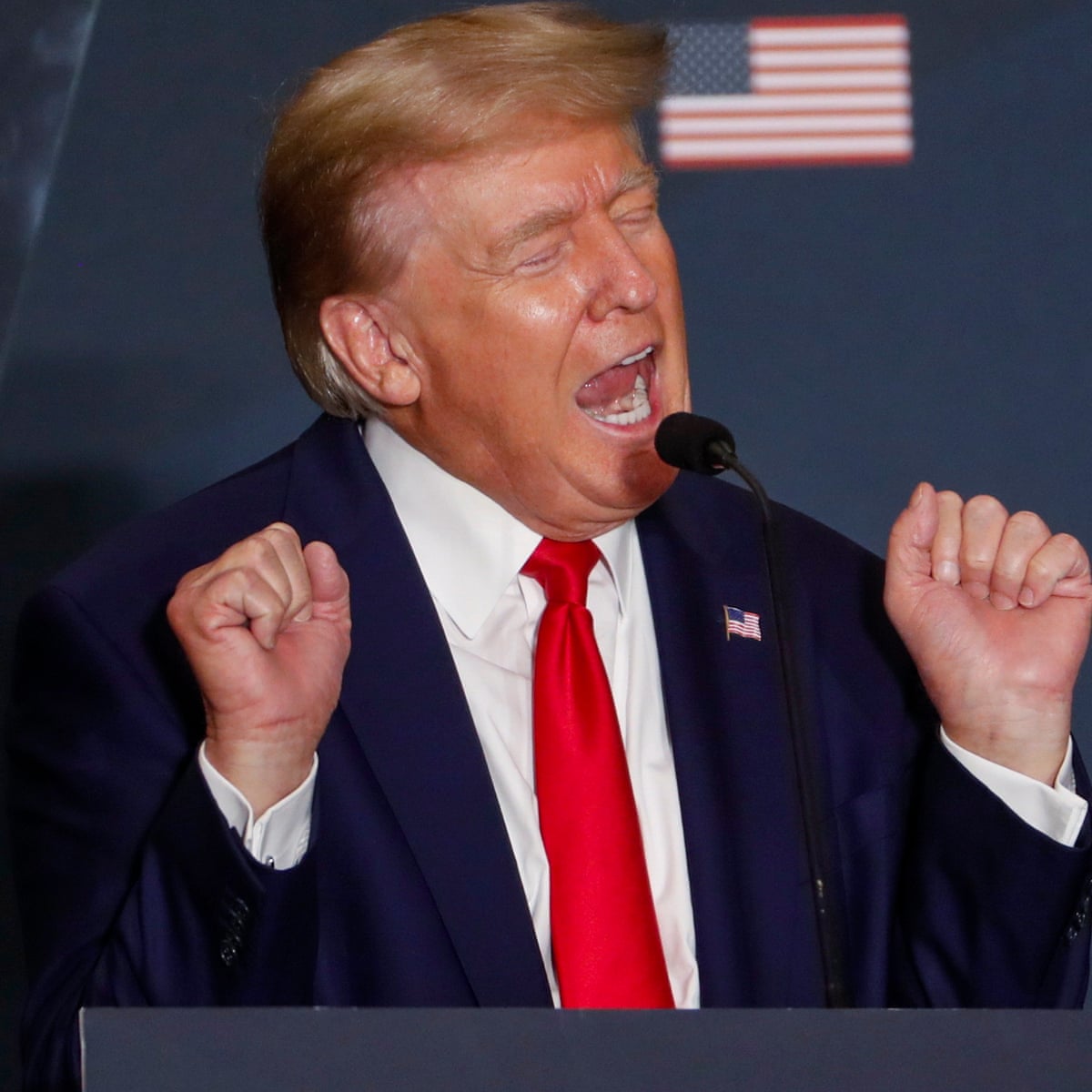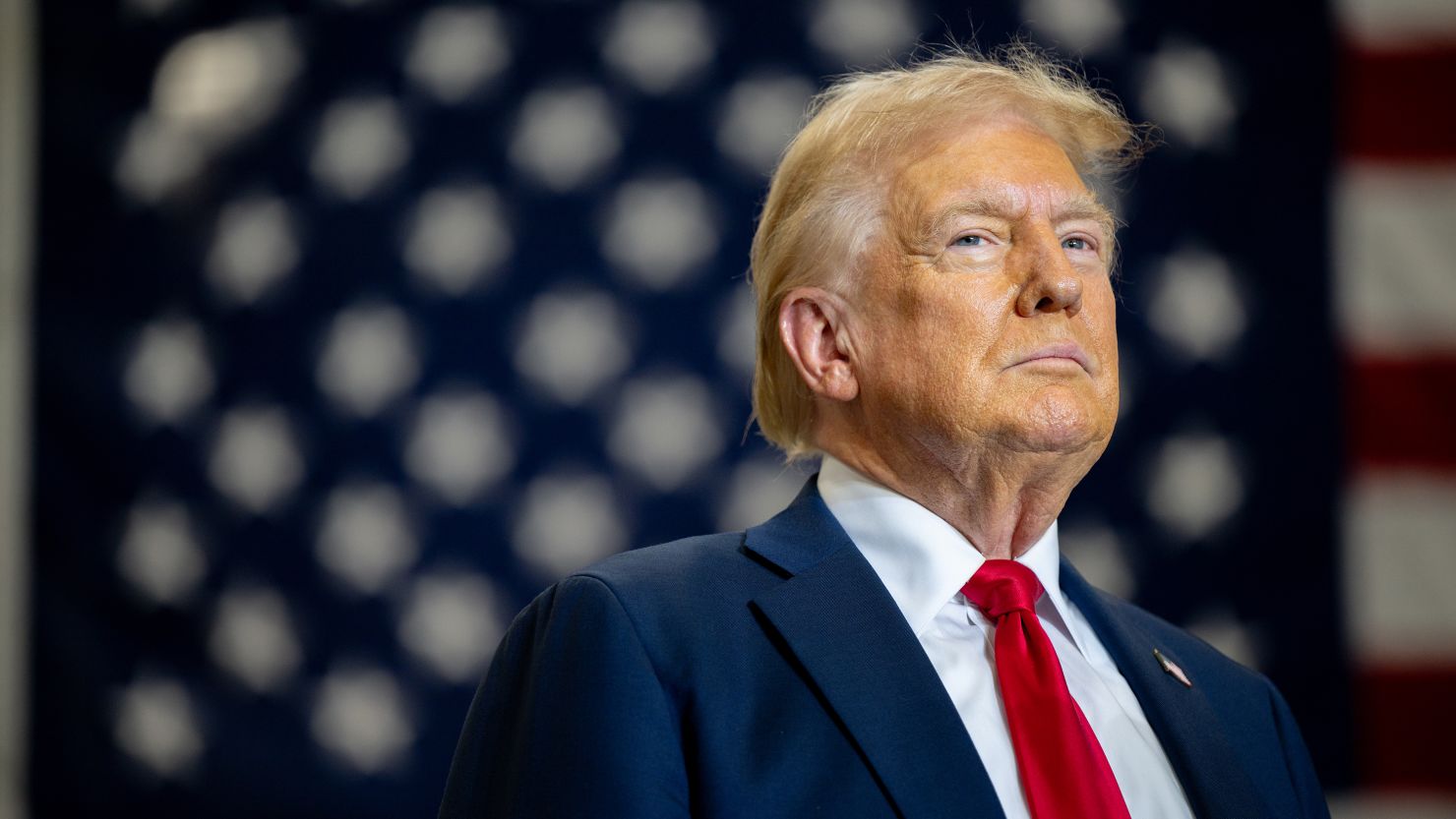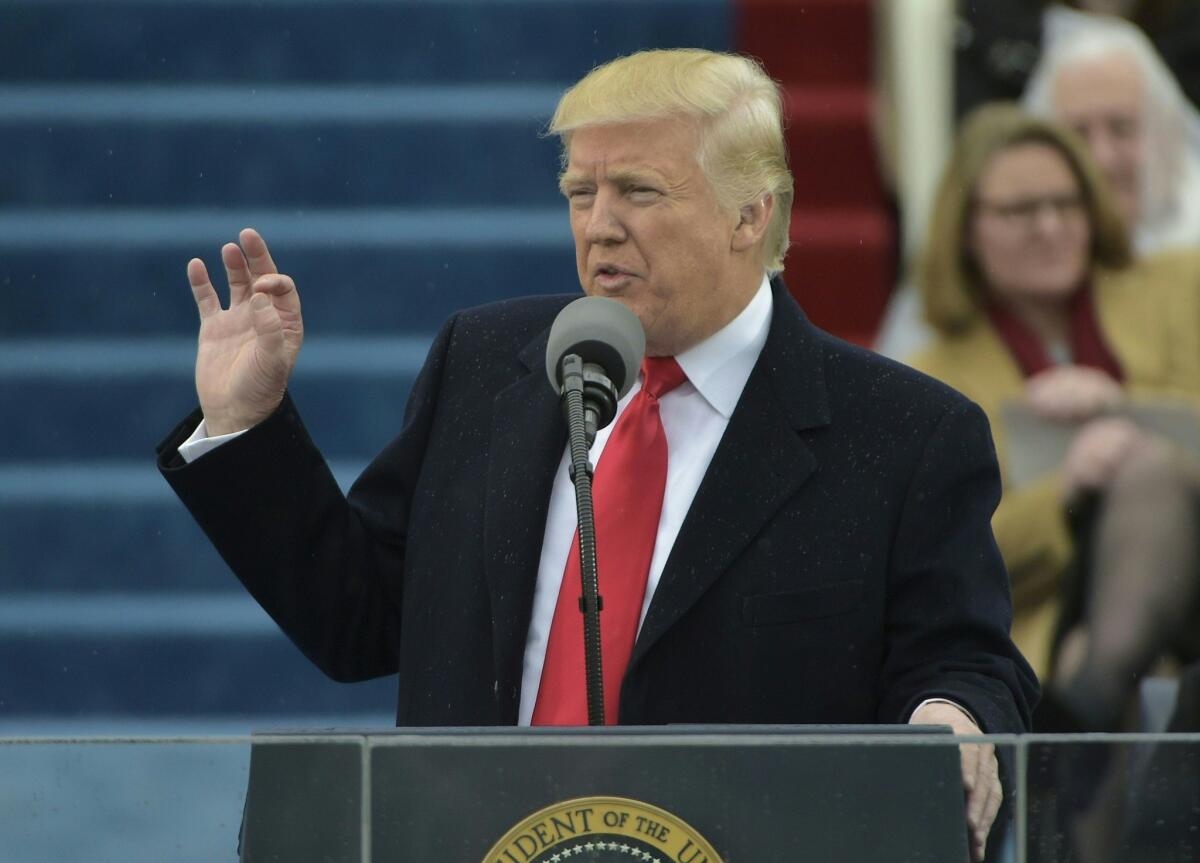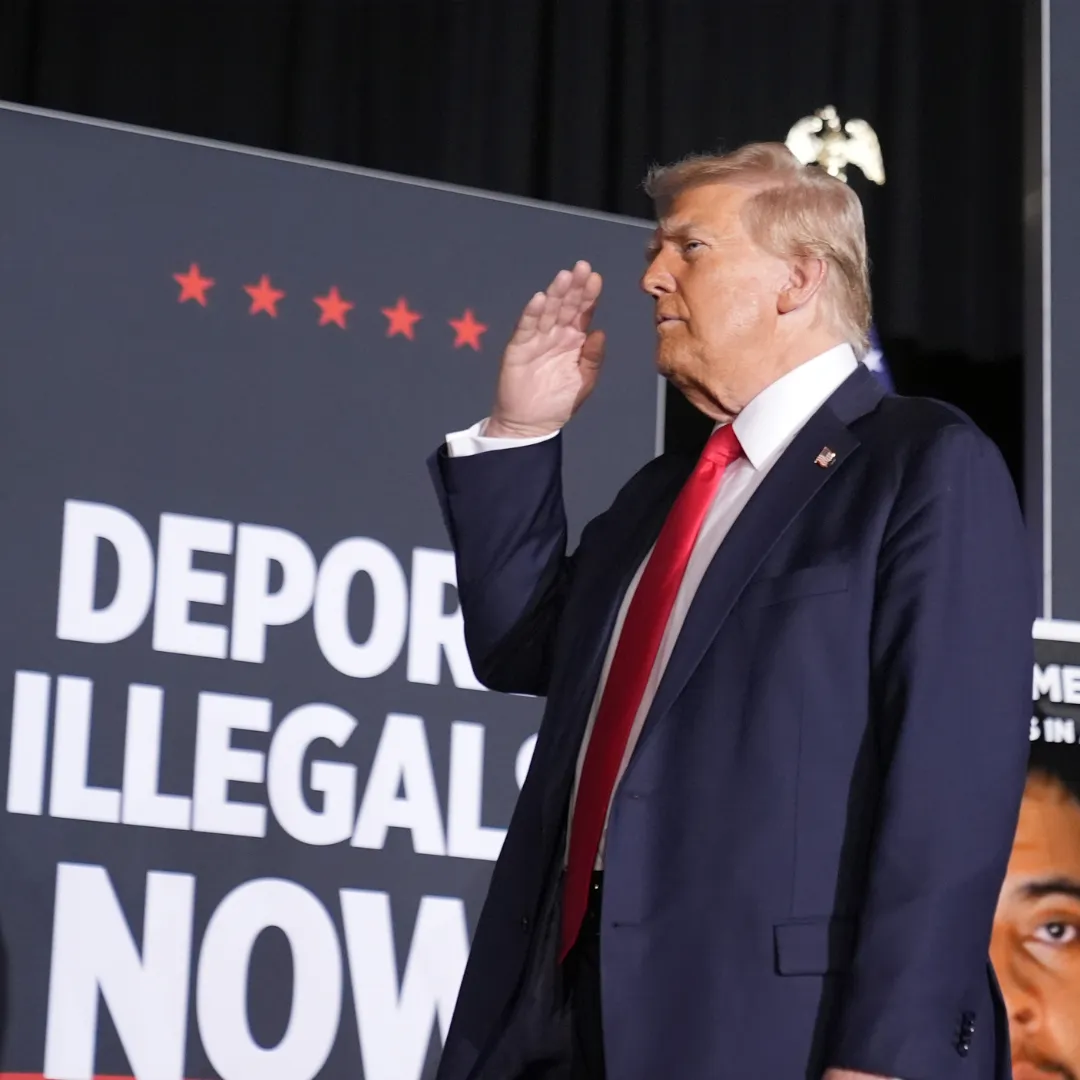
President Donald Trump’s "America First" agenda, long a defining element of his foreign and economic policy, is facing new scrutiny as global reactions suggest it could ultimately isolate the United States rather than fortify its standing.
While the idea behind "America First" is to prioritize domestic interests over international entanglements, emerging developments show that other nations are adapting quickly, finding new paths to cooperation and resilience without relying heavily on the U.S.
At first glance, Trump’s premise appears grounded in reality. The United States remains the world’s largest importer and one of the largest exporters. According to data from international trade organizations, America’s economic influence remains vast.
The country’s consumers power global supply chains, and its businesses remain critical players in every major industry. However, a closer look reveals that cracks are beginning to form in the foundation of U.S. dominance, particularly as nations seek to shield themselves from the shocks of Trump's aggressive trade policies.
Southeast Asian countries, for example, have responded decisively to the Trump administration’s tariffs and protectionist moves. Rather than waiting for favorable terms from Washington, nations in the region have strengthened trade ties with each other.
Initiatives to boost intra-regional commerce have accelerated, creating an increasingly self-reliant Southeast Asia that could, over time, reduce its dependence on both the United States and China.
China, for its part, has not remained passive. After assessing the magnitude of Trump's tariffs and trade threats, Beijing is moving to shore up its domestic economy with a combination of fiscal stimulus measures and interest rate adjustments.
A recent Politburo meeting chaired by President Xi Jinping emphasized the need for "multiple measures" to support struggling businesses and called for "timely reductions" in interest rates to counter external shocks.
These developments come against the backdrop of a shifting global economy, where traditional alliances and dependencies are being reevaluated. China’s dominance in the supply chains for critical minerals like rare earth elements, nickel, and copper is a particularly stark reminder that the United States cannot easily go it alone.
Trump's recent executive order to boost deep-sea mining is a clear acknowledgment that the U.S. is lagging behind in securing vital materials essential for modern technologies, from smartphones to renewable energy systems.
"America First" may have resonated strongly with voters frustrated by globalization’s downsides, but in practice, the policy is pushing other nations to develop alternatives that bypass the United States altogether.
If left unchecked, this trend could eventually leave America less influential, less economically dominant, and more isolated than ever before.
The Trump administration’s approval of deep-sea mining reflects both ambition and desperation. With China controlling large portions of the global supply of rare earth minerals, the U.S. faces mounting pressure to diversify its sources of critical materials.
Deep-sea mining, which involves extracting minerals from the ocean floor, presents an opportunity to lessen dependence on Chinese supplies. Yet it is a controversial move, raising environmental concerns and highlighting the reactive rather than proactive nature of current U.S. strategy.
Meanwhile, economic indicators provide a mixed picture of the domestic situation. Major U.S. stock indexes, including the S&P 500, Nasdaq Composite, and Dow Jones Industrial Average, closed last week with gains, signaling investor optimism in the short term.
The S&P 500 rose 0.74 percent on Friday, marking its first four-day winning streak since January. However, stock futures edged lower on Sunday evening, suggesting that markets remain wary of underlying economic challenges.

European markets also experienced a strong week, with the Stoxx 600 index adding 0.35 percent on Friday for its fourth consecutive daily gain. The U.K.’s FTSE 100 closed up for its 10th straight positive session, extending its longest winning streak since 2019.
Nonetheless, European leaders remain cautious about future growth prospects, especially amid ongoing uncertainty fueled by U.S. trade policies.
Christine Lagarde, president of the European Central Bank, commented on the broader economic outlook by stating that the "disinflationary process is so much on track that we are nearing completion." However, she also warned that "shocks" to the global economy could dampen GDP growth.
Klaas Knot, president of The Netherlands Bank, echoed this sentiment, emphasizing that "the uncertainty that is created by the unpredictability of the tariff actions by the U.S. government works as a strong negative factor for growth."
At the same time, more than 180 companies in the S&P 500 are expected to report their earnings this week, making it the busiest period of the first-quarter earnings season.
Key reports from major firms such as Meta Platforms, Microsoft, Amazon, and Apple will provide further insights into how U.S. corporations are navigating an increasingly volatile global landscape.
Trump’s "America First" strategy was born out of a desire to correct perceived imbalances in trade and international relations. By leveraging America's economic might, the administration aimed to extract better deals and force other countries to comply with U.S. interests.
However, the longer-term consequences of this approach are becoming harder to ignore. Countries that once relied heavily on access to the American market are now developing new strategies.

In Southeast Asia, for instance, the push to deepen regional integration has been accelerated by the instability introduced by the U.S.-China trade war. Rather than picking sides between two superpowers, nations like Vietnam, Indonesia, and Malaysia are prioritizing their own economic sovereignty.
This evolution is not limited to Asia. Across Europe, Latin America, and Africa, countries are investing in local manufacturing, new trade agreements, and diversified partnerships.
The message is clear: while the United States remains a key player, the rest of the world is preparing for a future where American leadership is no longer taken for granted.
It is worth noting that Trump's approach does address some real and legitimate grievances. Globalization has not benefited all Americans equally. Many manufacturing jobs have been lost to overseas competition, and the U.S. trade deficit has long been a point of concern. Rebalancing global trade in a way that protects American workers is a goal shared across the political spectrum.
However, critics argue that isolationism and aggressive tariffs are blunt instruments that risk doing more harm than good. Instead of fostering new opportunities, they could trigger retaliatory measures, erode trust, and diminish U.S. influence on the world stage.
The tension between protecting national interests and maintaining global leadership is not new, but the stakes are higher in an era of rapid technological change and geopolitical competition.
America's economic strength has always been closely tied to its ability to shape global norms, build alliances, and set the rules of international commerce. Retreating into unilateralism risks ceding that role to others, particularly China, which has shown a willingness to fill any vacuum left behind.
In the coming months, the consequences of Trump's "America First" doctrine will continue to unfold. Whether through changes in trade patterns, shifts in supply chains, or new alliances, the global landscape is adapting.

The question facing American policymakers is whether they will recognize these shifts in time to adjust course — or whether they will double down on an approach that could ultimately leave the United States standing alone.
The next phase of U.S. economic and foreign policy will require a delicate balancing act: defending legitimate national interests while engaging constructively with a world that is increasingly capable of moving forward without American leadership.
Whether the Trump administration, or any future administration, can strike that balance will determine not just the fate of the "America First" agenda, but America's place in the world for decades to come.




